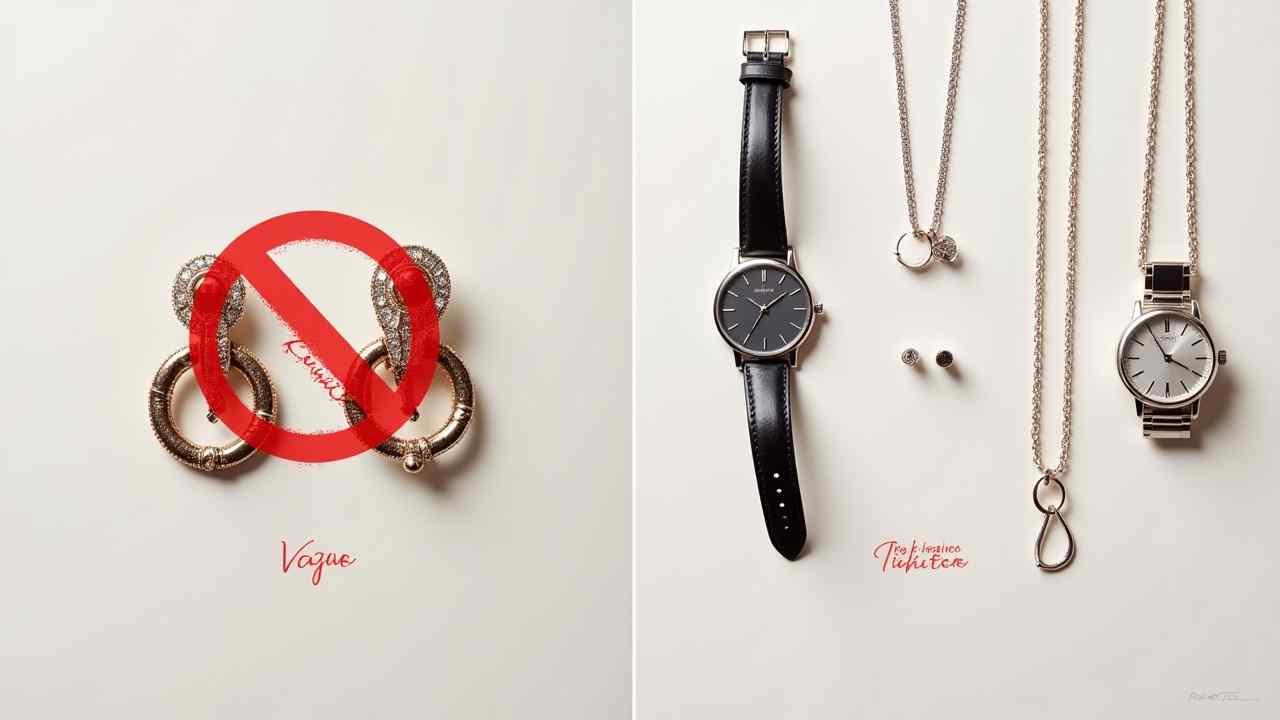
✨ Is Nickel-Free Steel Better for Your Skin? A Hypoallergenic Guide
✨ Is Nickel-Free Steel Better for Your Skin? (A Guide to Hypoallergenic Metals) ✨
Have you ever gotten an itchy, red rash from a pair of earrings, a watch, or a belt buckle? If so, you may have a nickel allergy. This is an incredibly common skin issue. It leads many people to ask, is nickel-free steel better for skin?
The short and simple answer is yes. For a large portion of the population, nickel-free steel is a much safer and more comfortable choice. It eliminates the risk of a common allergic reaction. It is a key term to look for when shopping.
This guide will explain what a nickel allergy is. We will also demystify terms like "stainless steel." This will help you choose jewelry and accessories that will not irritate your skin. Let's explore the world of hypoallergenic metals. ✅
🤔 What is a Nickel Allergy?
A nickel allergy is one of the most common causes of allergic contact dermatitis. It is an immune system reaction. It occurs when your skin comes into contact with items containing the metal nickel. The symptoms can be very uncomfortable.
A reaction typically appears where the metal touched your skin. It can cause itching, redness, and bumps. In more severe cases, it can lead to blisters and dry patches. This is a very common reason for rashes from costume jewelry.
Many everyday items contain nickel. This includes earring posts, watch backs, and even the metal button on a pair of jeans. For those with an allergy, avoiding contact is the only way to prevent a reaction.
⛓️ What is "Stainless Steel" and Does it Contain Nickel?
This is a major point of confusion for consumers. The term "stainless steel" refers to a large family of steel alloys. Most of the common types of stainless steel used in consumer goods do contain nickel. This includes the popular 316L grade, often called "surgical steel."
In high-quality surgical steel, the nickel is tightly bound within the metal. This makes it less likely to leach out and cause a reaction. For this reason, many people without a severe allergy can wear it without problems. However, it is not truly nickel-free.
For someone with a very sensitive nickel allergy, even surgical steel can still cause a reaction. The only way to be completely safe is to choose a metal that is explicitly nickel-free.
👍 So, is Nickel-Free Steel Better for Skin?
Yes, without a doubt. If you have a known nickel allergy or very sensitive skin, choosing a product that is labeled "nickel-free" is the superior choice. It completely removes the risk of a nickel-based allergic reaction. There is no guesswork involved.
Nickel-free stainless steel is a different type of alloy. It does not use nickel to achieve its strength and shine. It offers the durability of steel. It does so without the most common metallic allergen. This is why nickel-free steel is better for skin that is sensitive.
⭐ What Other Hypoallergenic Metals are Good for Sensitive Skin?
Besides nickel-free steel, there are other fantastic options. These materials are known for being very safe for sensitive skin. They are often used in medical implants and high-quality piercings.
- Titanium: This is a top-tier choice. Medical-grade titanium is extremely hypoallergenic and biocompatible. It is a great option for watch casings and earring posts.
- Niobium: This is another element that is very safe for the body. It is often used for body jewelry.
- Platinum: This precious metal is very unreactive and safe for sensitive skin.
- High-Karat Gold: Gold that is 14-karat or higher is usually safe. Be cautious with lower karats, as they are often mixed with nickel.
When you are shopping, look for these key terms. Choosing products labeled "nickel-free" or made from titanium is your safest bet. If you suspect you have an allergy, a dermatologist can perform a patch test to confirm it. 🩺